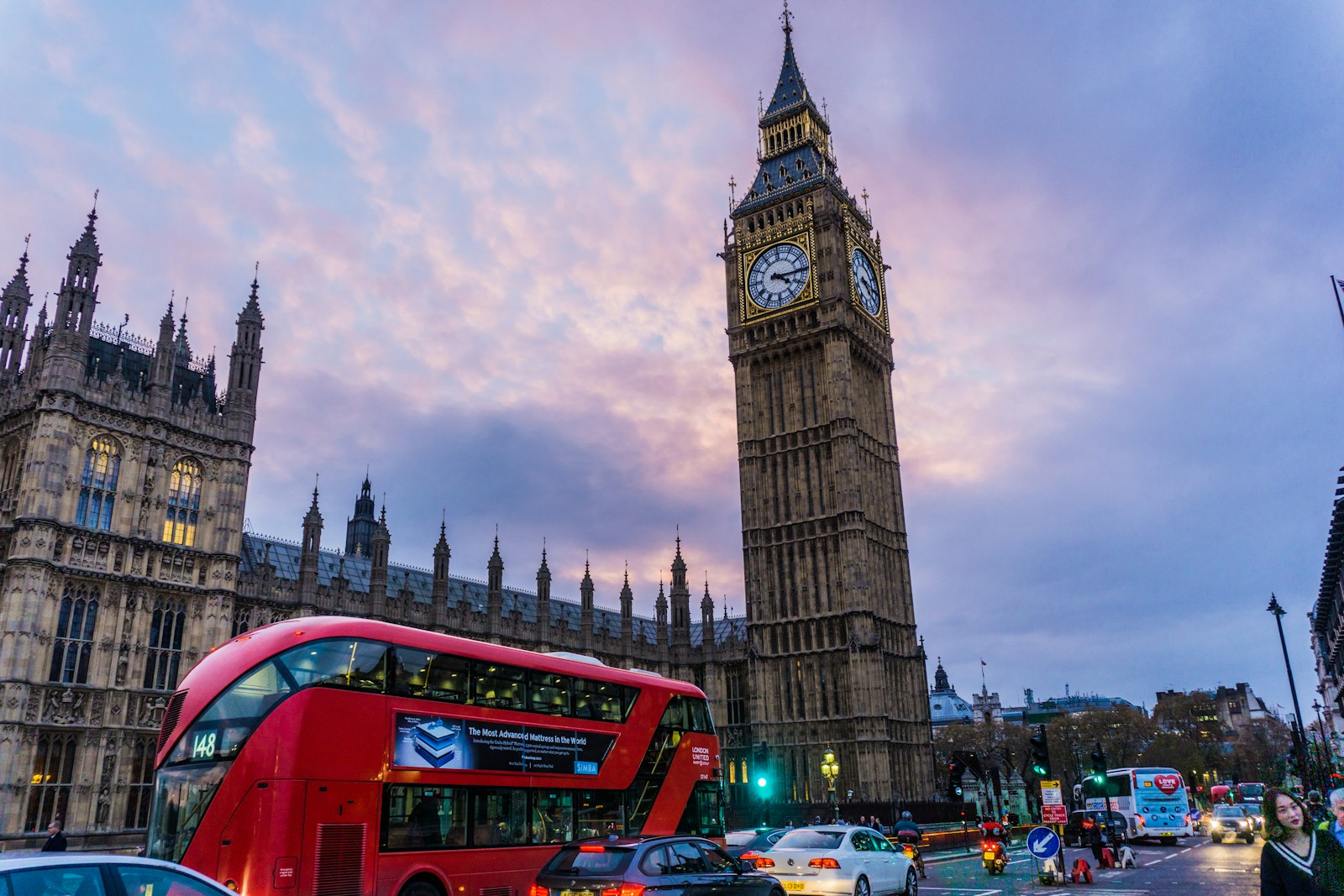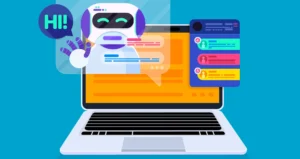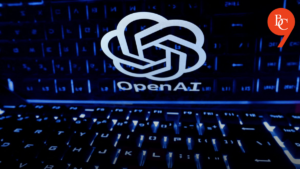OpenAI and Google Disapprove of UK’s ‘Opt-Out’ AI Training Strategy

AI and Copyright: The Controversy of Opt-Out Systems
Background on the Issue
The music industry is raising significant concerns over a proposed ‘opt-out’ system related to the use of copyrighted material in training artificial intelligence (AI) models. Under this proposed system, AI developers could utilize copyrighted works unless the rights holders specifically indicated that they did not consent to such usage. This proposal has sparked resistance from various corners, including both the creative and technology sectors.
Industry Perspectives
Music Industry’s Stance
The music industry has made it clear that they oppose the idea of an opt-out system. They argue that allowing AI companies to freely use copyrighted material without explicit permission undermines the rights of creators and could lead to the exploitation of their work. The fear is that this approach would dilute the value of creative content and diminish financial returns for artists and producers.
AI Companies’ Response
Interestingly, major AI companies like OpenAI and Google have also rejected the opt-out system. OpenAI recently released its feedback on the UK government’s consultation regarding this issue. In their response, they advocated for a "broad text and data mining exception" that does not include the opt-out clause. Their main concern revolves around the lack of clarity in the European Union’s AI legislation, which they believe has fostered confusion regarding the effectiveness and feasibility of opt-out options for both AI firms and copyright holders.
Google has echoed similar sentiments, asserting that training AI requires access to freely available content on the web. They contend that imposing strict transparency requirements or restrictions would likely hinder AI development and affect competitiveness within the UK tech landscape.
Key Points of Disagreement
Rights Protection vs. Innovation: The music industry emphasizes protecting intellectual property as a priority. Conversely, AI firms argue that innovation must have the freedom to develop without excessive regulations.
Feasibility of Opt-Out: OpenAI suggests that the opt-out option leads to uncertainties about valid methods of opting out, thus complicating the relationship between AI developers and copyright owners.
- Impact on Competitiveness: Both Google and OpenAI warn that strict controls can impede the growth of the UK’s tech sector, potentially leading to a lag in innovation compared to other countries.
The Government’s Dilemma
The UK government may have viewed the opt-out system as a potential compromise that balances the interests of the music industry and AI developers. However, given the staunch opposition from both sides, finding a resolution that satisfies all parties involved appears increasingly challenging.
Concerns Over Future Developments
The debate over copyright and AI usage is not merely a contractual or legal issue; it holds significant implications for how creative works are treated in the digital age. As AI technology evolves, the need for a clear framework that delineates the boundaries of content usage is pressing.
- Uncertainty: Clear guidelines are needed to reduce ambiguity for creators and AI developers regarding permissions and rights.
- Potential Solutions: Exploring a middle ground or alternative licensing frameworks may help navigate these complex issues more effectively.
Conclusion
The ongoing dialogue surrounding AI usage of copyrighted material is still unfolding. With both the music industry and AI developers having strong viewpoints, reaching a consensus will require cooperative efforts, innovative solutions, and potentially reformulated legal frameworks to reconcile creativity and technological advancement.






